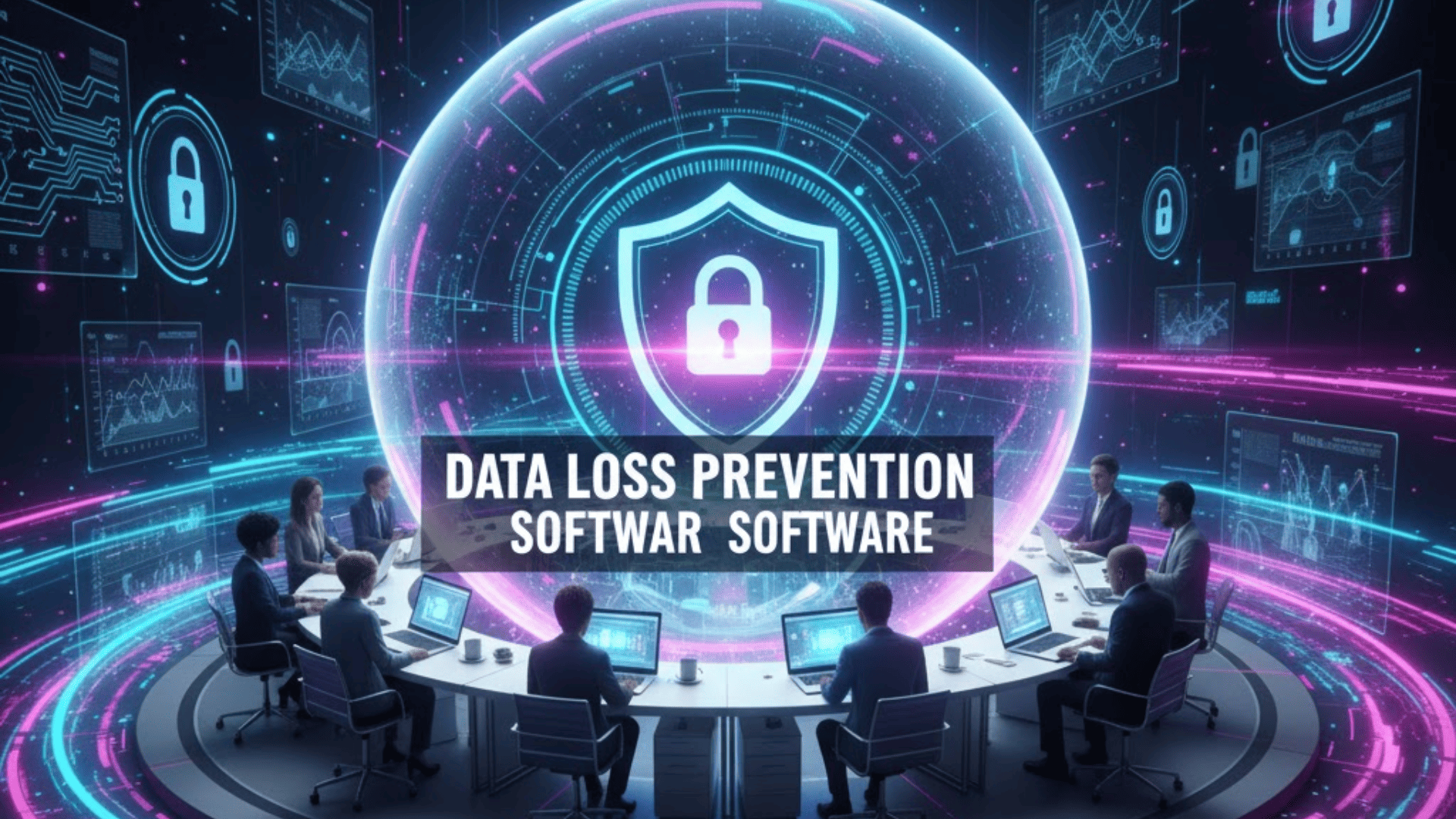Why Is Data Loss Prevention Software Essential For Protecting Business Data In 2025?

In 2025, the value of business data has never been higher. Companies across industries rely on digital information for daily operations, strategic decisions, and customer engagement. Every decision, from marketing strategies to financial planning, now depends on accurate, secure data. With this increased dependency comes heightened risk: data breaches, accidental leaks, and cyber threats now threaten organizations of all sizes. A single data compromise can result in financial losses, regulatory penalties, and irreversible damage to a company’s reputation. Protecting sensitive information is no longer optional but critical to sustaining credibility, operational stability, and competitive advantage. This urgency is precisely why data loss prevention software has become a cornerstone of modern cybersecurity strategies, offering businesses a proactive means to protect their most valuable digital assets.
Understanding How DLP Tools Work
Data loss prevention systems function as a comprehensive security layer designed to monitor, detect, and prevent the unauthorized transfer of sensitive information. Unlike traditional antivirus programs or firewalls, these solutions focus specifically on safeguarding intellectual property, financial records, and personal data from being exposed outside the organization. By continuously analyzing data in use, in motion, and at rest, businesses can identify potential vulnerabilities before breaches occur. This proactive approach not only secures information but also ensures compliance with increasingly strict data protection regulations, which have become a central concern for businesses in 2025.
Organizations that implement these tools can detect unusual behavior patterns, monitor internet activity using a user activity monitoring tool, prevent accidental sharing of sensitive data, and maintain full visibility over their digital environment. Such systems bridge the gap between security, compliance, and operational efficiency, enabling companies to address threats before they escalate into major incidents.
Reducing Risk Through Controlled Access
One of the most powerful advantages of modern data protection is the ability to control who can access specific information. Data protection tools allow administrators to set precise access policies, restricting sensitive data to authorized personnel only. This ensures that confidential documents are never exposed to unnecessary risk, whether internally or externally.
Furthermore, real-time monitoring provides alerts on unusual activities, enabling businesses to intervene immediately and mitigate potential damage. Controlled access not only reduces the likelihood of internal leaks or external cyberattacks but also enhances operational continuity by maintaining smooth workflows without compromising security. Organizations that prioritize access control foster a culture of responsibility, where employees are aware of data handling protocols, thereby strengthening the overall security posture.
Compliance and Building Trust
Beyond preventing data breaches, modern protection solutions are essential for compliance. As governments implement stricter data protection laws, businesses face significant fines and reputational damage if customer information is mishandled. By leveraging robust monitoring systems and implementing data loss prevention software, companies can ensure adherence to regulations, minimize legal risk, and demonstrate accountability.
This compliance fosters trust among clients, partners, and stakeholders. In 2025’s digital economy, trust has emerged as a critical differentiator, and businesses that fail to protect information risk losing both customer loyalty and market credibility. Organizations that proactively safeguard data not only meet legal obligations but also enhance their brand reputation, signaling reliability and ethical responsibility to every stakeholder they serve.
Future-Proofing Business Data
As cyber threats evolve, businesses must adopt solutions that are agile, adaptive, and future-ready. Modern systems address current security challenges while preparing companies for emerging threats, including AI-driven attacks and increasingly sophisticated phishing attempts. By integrating predictive analytics and machine learning, these tools can identify behavioral patterns indicative of potential breaches, enabling timely intervention.
Investing in advanced data protection and Productivity Tools ensures that sensitive information remains secure, operations remain uninterrupted, and companies maintain a competitive edge. Organizations that fail to adopt such measures risk falling behind in a rapidly changing technological landscape, where every data leak carries serious consequences. By embracing proactive and adaptive strategies, businesses can safeguard their future while maintaining resilience against evolving cyber threats.
You can also watch: How to Monitor Employee Screens in Real-Time with EmpMonitor
Conclusion
In 2025, protecting business data is no longer optional but a strategic necessity. The combination of rising cyber threats, stringent compliance requirements, and the increasing value of information makes advanced monitoring tools indispensable. Companies that implement these solutions can secure sensitive information, build trust, maintain operational efficiency, and sustain a competitive advantage. Ignoring these protections can have severe financial, legal, and reputational consequences. Businesses that embrace proactive data protection strategies, particularly through data loss prevention software, are better positioned to safeguard their digital assets, foster customer confidence, and thrive in an increasingly interconnected and high-risk digital landscape.
FAQs
Q 1: What is data loss prevention software and why is it important for businesses?
Data loss prevention software is a security solution designed to monitor, detect, and prevent unauthorized access or sharing of sensitive business data. It is essential for businesses because it helps protect intellectual property, customer information, and financial records from cyber threats, accidental leaks, or internal misuse.
Q 2: How does data loss prevention software protect against data breaches?
Data loss prevention software safeguards data by continuously monitoring information in use, in motion, and at rest. It can detect unusual behavior, prevent unauthorized sharing, and enforce access policies, reducing the risk of cyberattacks and accidental leaks.
Q 3: Can small businesses benefit from using data loss prevention software?
Yes, even small businesses can greatly benefit from data loss prevention software. It provides visibility into sensitive data, ensures regulatory compliance, and minimizes the risk of financial or reputational damage, making data protection accessible for organizations of any size.
- Art
- Causes
- Crafts
- Dance
- Drinks
- Film
- Fitness
- Food
- الألعاب
- Gardening
- Health
- الرئيسية
- Literature
- Music
- Networking
- أخرى
- Party
- Religion
- Shopping
- Sports
- Theater
- Wellness






